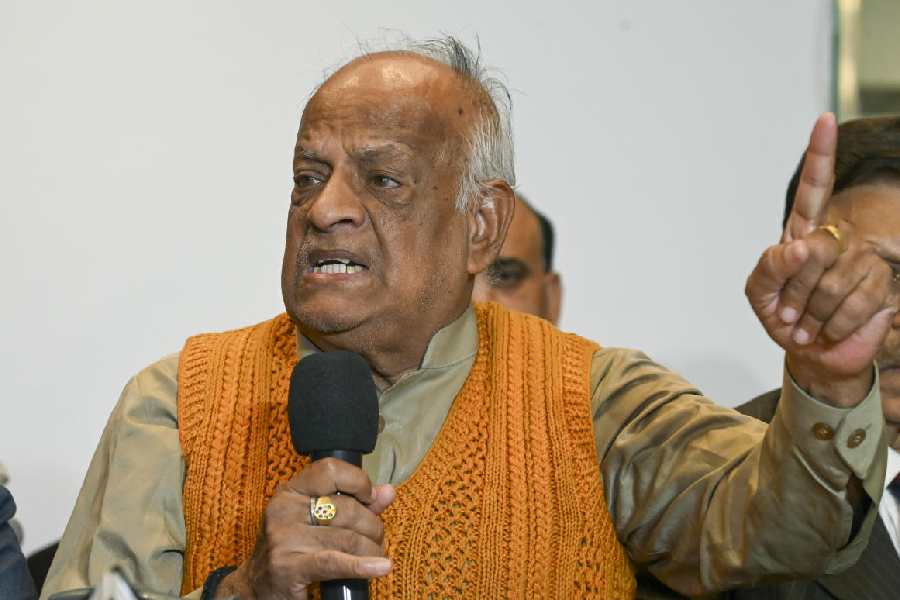Q:I used to work in a government-aided school. During my tenure, the management of the school had initiated mala fide disciplinary proceedings against me, but the same was quashed by the court. After I retired, instead of paying my entire retirement dues, the school has begun fresh departmental proceedings against me on the same charges. What can I do?
Name withheld, New Delhi
A:Unless specifically provided in the rules of service governing your employment, your employer cannot continue departmental proceedings against you after your retirement. This is because once you superannuate, the relationship of employer-employee comes to an end and the school would have no jurisdiction to continue such proceedings against you. Thus, even if any departmental proceedings were pending, the same would be deemed to have lapsed. You should write immediately to the authorities asking them to pay the balance retirement benefits to you. If the school authorities refuse, you will have to approach the high court, challenging the legality of the course of action adopted by the school and it is likely that such ?departmental? proceedings would be quashed.
Q:I work in a government office. One of my senior colleagues recently took voluntary retirement and was paid out a substantial pension and other benefits. I made enquiries with my department but was told that I do not qualify for voluntary retirement because I have worked only for seven years. I was also told that even if I resign from my present post I would not be entitled to apply for pension benefits. Is this the correct position in law?
S. Halder, Calcutta
A:In service jurisprudence, the terms ?resignation? and ?retirement? carry different connotations and thus different consequences. Whereas an employee can exercise his right to resign at any point of his employment, he can only ?retire? after attaining the specified superannuating age or in the case of voluntary retirement, after he has rendered the prescribed period of qualifying service. Though both are voluntary acts by the employee, they operate differently. For instance, whereas the acceptance of resignation brings about a complete cessation of the relationship between employer and employee, upon retirement, the relationship continues, at least for the purpose of grant of retirement dues in view of past service. Thus, normally, pension benefits are not granted to persons who resign. There is no illegality in treating them by different sets of rules.
Send your letters to Inlaw at The Telegraph,
Jobs Desk, 6 Prafulla Sarkar Street,
Calcutta 700001;
or fax at 225 3142;
or send e-mails to jobs@abpmail.com.











